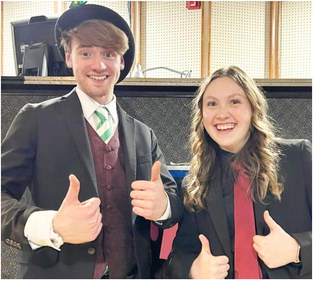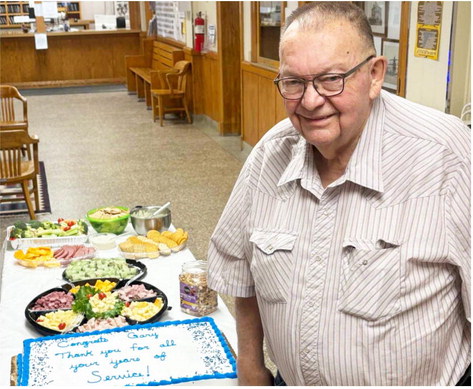nurse who shares your cultural ….
nurse who shares your cultural background,” Larsson said. “Increasing the number of American Indian and Alaska Native nurses in the workforce is critical to Montana’s health.”
For those who pursue a career in nursing, the degree can provide economic benefits, too.
“Diversifying the workforce improves health outcomes and also helps improve socioeconomic status in rural communities,” Larsson said. “Nursing careers are well-paying jobs. We think the CO-OP program tackles the issues of rural isolation, health and poverty all at once.”
One hundred twenty-one students have completed the Caring for Our Own Program since its inception, said Larsson, and more than 100 of those graduates are licensed nurses working in Montana.
“We’re seeing a really strong association with completing the baccalaureate here and then completing our Doctor of Nursing Practice program,” she said. “There are also other students who do a doctoral program somewhere else, which is great, especially because the majority of them are still practicing in Montana.”
Debby Bends, CEO of the Lame Deer Service Unit, said the value of having Native American nurses work in the community extends beyond the culturally sensitive health care they provide. They also serve as role models for area youth.
“There is a huge benefit to seeing nurses out in the community,” she said. “Our young girls and boys see that they, too, can excel. They, too, can achieve a degree, whether in nursing or another field. They, too, can achieve their dreams.”
Larsson said CO-OP’s progress is encouraging.
“It’s absolutely wonderful to see that in just one generation, we can witness meaningful movement on solving the problem of having enough American Indians in nursing,” she said. She added that seeing 10 percent of CO-OP graduates going back to nurse practitioner school, the future looks even better.
“You can see that in just 20 years, if we maintain this momentum, we can begin to solve the critical shortage of health care providers in rural parts of Montana,” Larsson said.
The MSU College of Nursing educates students on its five campuses to be professional nurses capable of working in a variety of settings. It is the largest supplier of Bachelor of Science-prepared nurses in Montana. It is also Montana’s only public provider of graduate nursing education and offers a Master of Nursing degree focused on rural clinical nurse leadership and a Doctor of Nursing Practice program that prepares students for certification as family nurse practitioners or psychiatric mental health nurse practitioners.
More information about the MSU College of Nursing is available at montana.edu/nursing/. To learn more about the college’s Caring for Our Own Program, visit montana.edu/ nanurse/.


